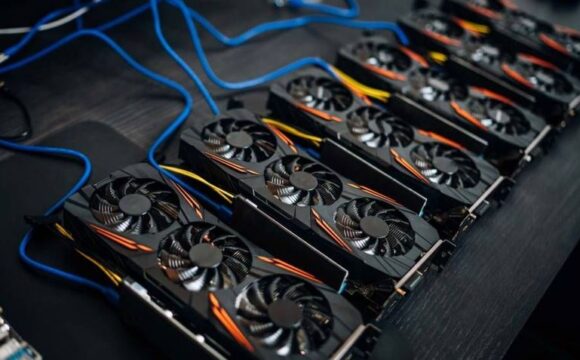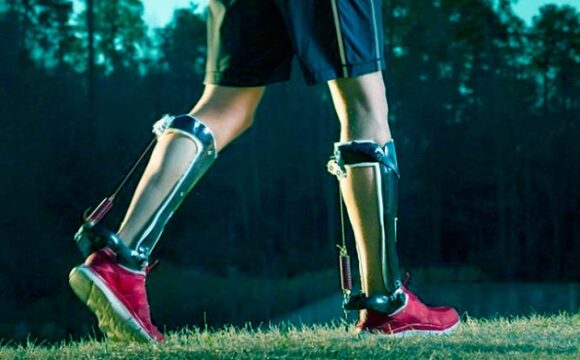Researchers at the University of Houston and the University of Chicago (USA) have developed a new form of electronics – “electronics-on-the-skin” – that allows patterns of sensors and circuits to be applied directly to human skin. The microcircuit collects more accurate data on the health of the user who is on the move, compared to wearable devices, according to the press office of the University of Houston. The development is described in detail in the journal Nature Communications.
Inaccuracy may not matter when our smartwatches record 4,000 steps instead of 4,200, but sensors designed to check heart function, temperature and other physical signals must be accurate if they are to be used for diagnosis and treatment. The electronics painted on the skin are capable of collecting data regardless of the user’s movements.
Applying the sensor circuit to the skin is as easy as writing a word with a pen on a piece of paper. Electronic material originally exists in the form of a liquid, which consists of three types of “ink” that serve as a conductor, semiconductor, and dielectric. The handle is filled with this material, and the sensor pattern is drawn on the skin. The material dries very quickly.
Electronics painted on skin can be customized to collect different types of information. As the authors of the work note, it will be especially useful in situations where it is impossible to gain access to complex equipment – for example, during military operations.
The new device can track muscle signals, heart rate, temperature, and skin hydration, among other things. The researchers also reported that electronics painted on the skin can speed up wound healing.
Wearable bioelectronics – in the form of soft, flexible patches attached to the skin – has become an important discovery in medicine in recent years. It allows you to monitor the state of human health in real time, helps in the diagnosis and treatment of the disease. It can also prevent the development of the disease.













Leave a Reply
You must be logged in to post a comment.